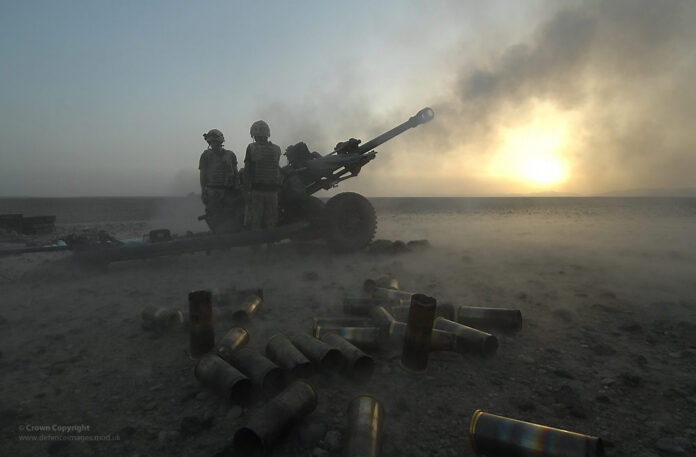Author: Zohra Ahmed
Affiliation: University of Georgia School of Law
Organization/Publisher: Law and Political Economy Project
Date/Place: November 24, 2021/New York, USA
Type of Literature: Analysis
Word Count: 1600
Keywords: Pakistan, Political Economy, Global War on Terror, Militarism, USA
Brief:
This analysis reveals the nexus of militarism, political economy and geopolitics that have forced Pakistan to join the United States’ Global War on Terror. The author identifies specific areas which have made Pakistan’s pocket keep asking for money from international donors or creditors. It exposes how the US has co-opted the Pakistani military to allow US forces for its operations in Afghanistan, and in return has allowed the Pakistani military to attain an inevitable position in the country. In a detailed timeline, this piece shows how the US used the International Monetary Fund to bargain with Pakistan since 2001. The IMF went filling coffers of Pakistan whenever the economy went down, and in return it did the US’ bidding wherever asked. This arrangement “has encouraged a dysfunctional Pakistani economy that remains dependent on foreign credit and works primarily for a small class of political, military, and economic elites.” The piece comes at a proper time when Pakistan is negotiating yet another $6 billion program with the IMF. Even after months-long negotiations, the IMF has not yet agreed to allow the program to move ahead. Citing Pakistan’s military as the primary beneficiary of Pakistan’s dwindling economy, it may not be justified to mark that joining the War on Terror and other so-called counter terror operations of the US were enough. The arrangement isn’t new, as Washington supported Pakistan’s military dictators during the Cold War to further its geopolitical aims. Because India has been causing existential threat to Pakistan, this also requires the Pakistani military to negotiate with the Pentagon. Nevertheless, this analysis exposes fault lines in Pakistan’s civil-military relations and how it has derailed national progress in Pakistan.
By: Riyaz ul Khaliq, CIGA Non-resident Research Associate




